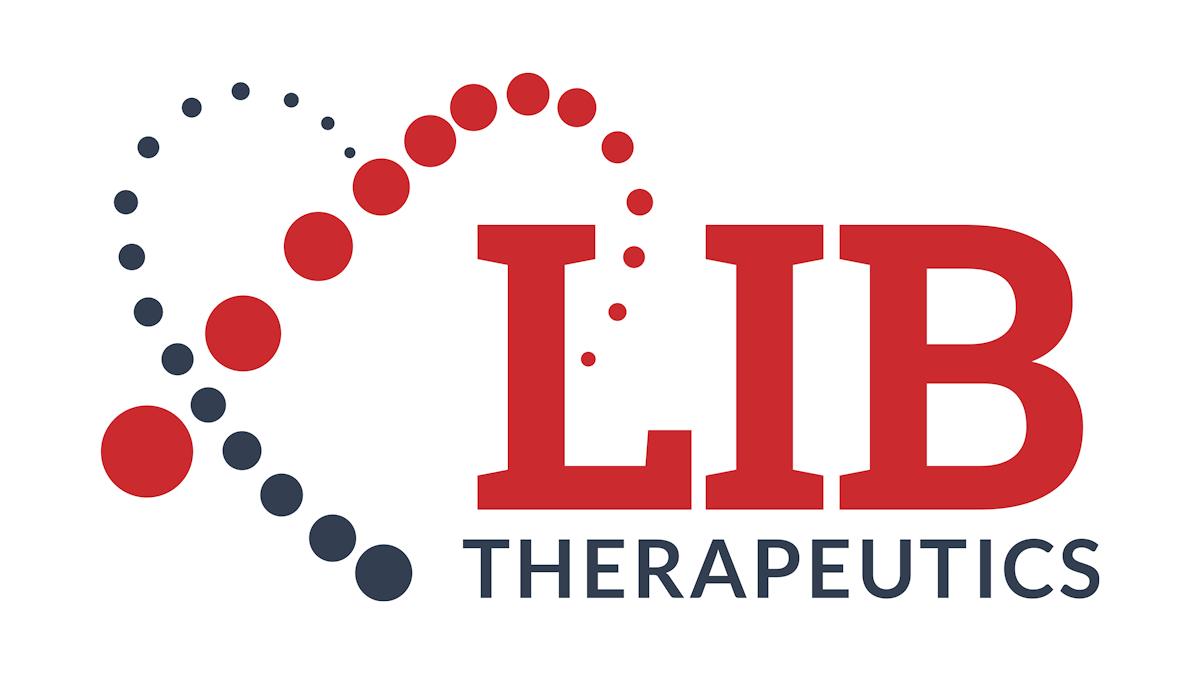ACC25: AZ stakes its claim to the oral PCSK9 category

AstraZeneca has revealed phase 2b results with its oral PCSK9 inhibitor AZD0780, including a more than 50% reduction in LDL-cholesterol when added to standard therapy, as it tries to narrow a lead held by MSD with its rival drug.
At the American College of Cardiology (ACC) annual meeting in Chicago, Michael Koren of Jacksonville Centre for Clinical Research in Florida, USA, presented data from the aptly named PURSUIT study, which enrolled people with high cholesterol levels that could not be brought into line using standard therapy such as statins.
At 12 weeks, AZD0780 30mg taken once daily on top of statins led to a 50.7% reduction in LDL-cholesterol at the highest dose of 30mg per day, with similar efficacy regardless of the intensity of statin therapy at baseline, according to the data, which has also been published in JACC.
Around one in five patients were also taking ezetimibe, a drug that is sometimes added to statin therapy if LDL-cholesterol targets can't be reached. A 30mg dose of AZD0780 allowed 84% of study subjects to meet their LDL-cholesterol target (less than 70 mg/Dl) compared to just 13% of those on statins alone.
LDL-cholesterol reductions began one week into treatment and reached a steady state at two weeks for all treatment groups.
"The development of a well-tolerated, daily pill that could reliably lower LDL-C to a patient's target range would offer a substantial therapeutic advance," said Koren. "These results are particularly important because the majority of patients with atherosclerotic disease today do not reach their LDL-cholesterol goals, despite availability of lipid-lowering therapies such as statins and injectable PCSK9 inhibitors."
The results set up a phase 3 programme for AZD0780, but AZ is still trailing behind MSD – known as Merck & Co in the US and Canada – whose oral PCSK9 drug MK-0616 is already being tested in the late-stage CORALreef trials programme.
One point of difference between the drugs is that the bioavailability of MK-0616 is affected by food, so it has to be taken on an empty stomach, while AZ says the data so far suggests AZD0780 is not affected by this issue.
"As a novel small molecule oral PCSK9 inhibitor that can be taken without fasting restrictions, AZD0780 has the potential to be a game changer," said Sharon Barr, head of biopharma R&D at AZ.
Currently available PCSK9-targeting therapies are Amgen's Repatha (evolocumab) and Sanofi/Regeneron's Praluent (alirocumab), both antibodies dosed monthly, and Novartis' small interfering RNA therapy Leqvio (inclisiran), which can be given twice a year.
All three of the injectables haven't met commercial expectations, potentially because their dosing route breaks with the well-established orthodoxy of daily oral treatment for high cholesterol.
Image by Michal Jarmoluk from Pixabay












